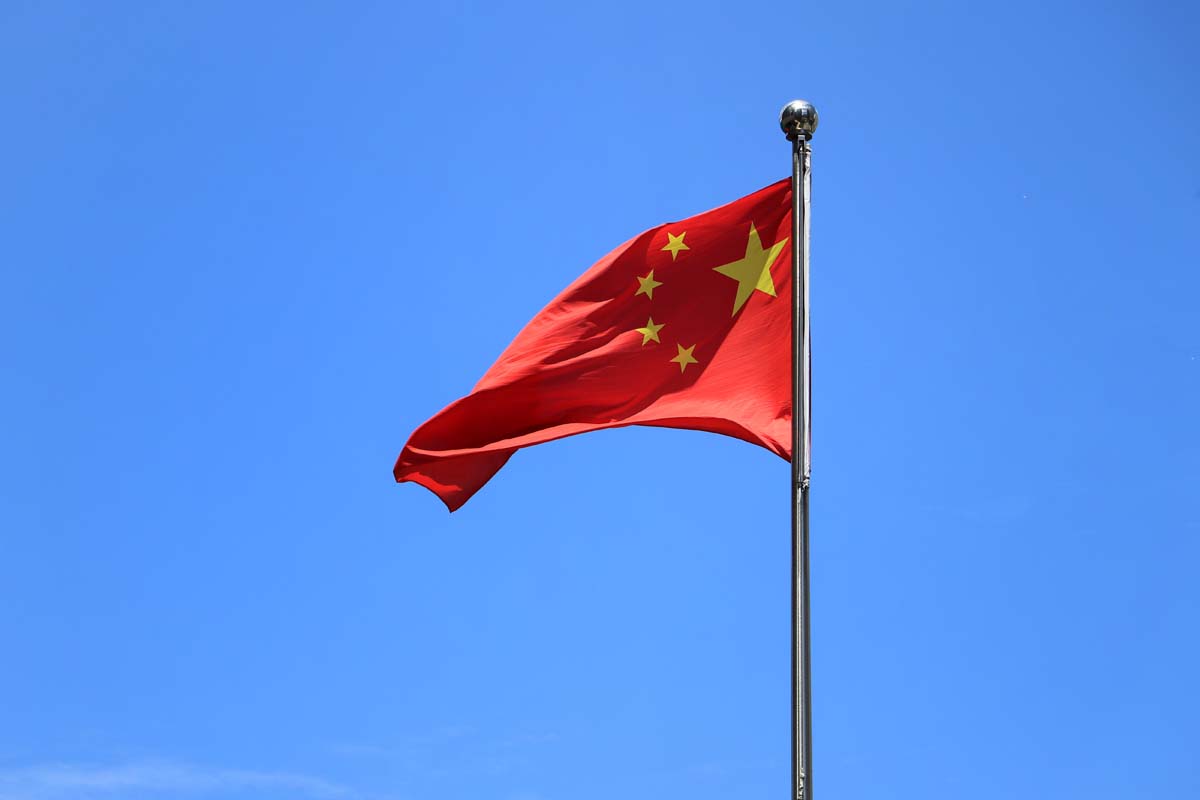China Launches Two Probes into U.S. Chip Giants
(MENAFN) China’s Ministry of Commerce announced on Saturday the initiation of two investigations targeting the US semiconductor sector, a significant development occurring just one day before critical trade negotiations between Washington and Beijing were set to commence in Spain.
The investigations come amid ongoing disputes, with the US accusing China of unfair trade practices including intellectual property theft and forced technology transfers. Beijing, in turn, has denounced US export controls as politicized measures that disrupt global supply chains and inflict damage on all parties involved.
The trade discussions, beginning Sunday and lasting four days, represent the fourth round of talks between senior officials from the world’s two largest economies, aimed at defusing rising trade tensions.
According to the Ministry of Commerce, one probe is an anti-dumping investigation into certain analog integrated circuit (IC) chips imported from the US. The inquiry will specifically examine commodity interface IC chips and gate driver IC chips, products typically manufactured by US firms such as Texas Instruments and ON Semiconductor, media reported on Saturday.
The second investigation, described as an anti-discrimination probe, targets alleged US actions against China’s chip industry. The ministry stated: “Certain US measures in the integrated circuit sector amount to discriminatory bans, restrictions, or similar actions targeting China.”
This announcement follows a US Department of Commerce move to add 32 foreign entities to its trade blacklist, including 23 Chinese companies. Notably, two Chinese firms accused of using American equipment to produce chips for SMIC, China’s top semiconductor manufacturer, were included. The US government alleges these companies are involved in activities undermining fair trade practices and national security interests.
In a related development from July, US President Donald Trump authorized California-based Nvidia to resume sales of a China-specific AI chip previously restricted to limit Beijing’s access to advanced computing technologies. This decision reportedly drew criticism from Trump administration officials who cautioned that easing export controls could jeopardize US dominance in strategic tech sectors.
The investigations come amid ongoing disputes, with the US accusing China of unfair trade practices including intellectual property theft and forced technology transfers. Beijing, in turn, has denounced US export controls as politicized measures that disrupt global supply chains and inflict damage on all parties involved.
The trade discussions, beginning Sunday and lasting four days, represent the fourth round of talks between senior officials from the world’s two largest economies, aimed at defusing rising trade tensions.
According to the Ministry of Commerce, one probe is an anti-dumping investigation into certain analog integrated circuit (IC) chips imported from the US. The inquiry will specifically examine commodity interface IC chips and gate driver IC chips, products typically manufactured by US firms such as Texas Instruments and ON Semiconductor, media reported on Saturday.
The second investigation, described as an anti-discrimination probe, targets alleged US actions against China’s chip industry. The ministry stated: “Certain US measures in the integrated circuit sector amount to discriminatory bans, restrictions, or similar actions targeting China.”
This announcement follows a US Department of Commerce move to add 32 foreign entities to its trade blacklist, including 23 Chinese companies. Notably, two Chinese firms accused of using American equipment to produce chips for SMIC, China’s top semiconductor manufacturer, were included. The US government alleges these companies are involved in activities undermining fair trade practices and national security interests.
In a related development from July, US President Donald Trump authorized California-based Nvidia to resume sales of a China-specific AI chip previously restricted to limit Beijing’s access to advanced computing technologies. This decision reportedly drew criticism from Trump administration officials who cautioned that easing export controls could jeopardize US dominance in strategic tech sectors.

Legal Disclaimer:
MENAFN provides the
information “as is” without warranty of any kind. We do not accept
any responsibility or liability for the accuracy, content, images,
videos, licenses, completeness, legality, or reliability of the information
contained in this article. If you have any complaints or copyright
issues related to this article, kindly contact the provider above.
Market Research

- BTCC Summer Festival 2025 Unites Japan's Web3 Community
- Ethereum Based Meme Coin Pepeto Presale Past $6.6 Million As Exchange Demo Launches
- Ecosync & Carboncore Launch Full Stages Refi Infrastructure Linking Carbon Credits With Web3
- Invromining Expands Multi-Asset Mining Platform, Launches New AI-Driven Infrastructure
- BTCC Announces Participation In Token2049 Singapore 2025, Showcasing NBA Collaboration With Jaren Jackson Jr.
- Innovation-Driven The5ers Selects Ctrader As Premier Platform For Advanced Traders


















Comments
No comment